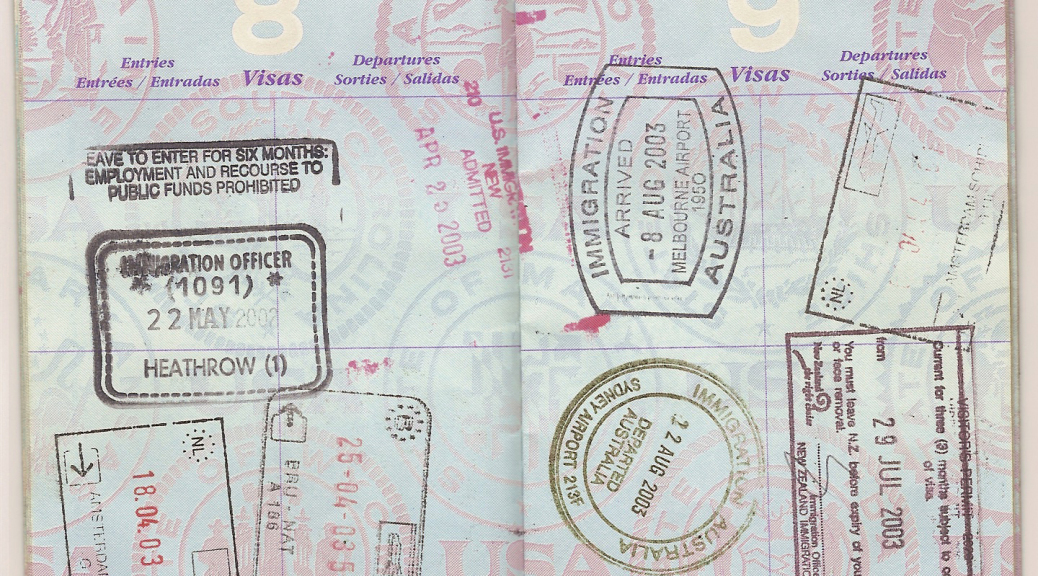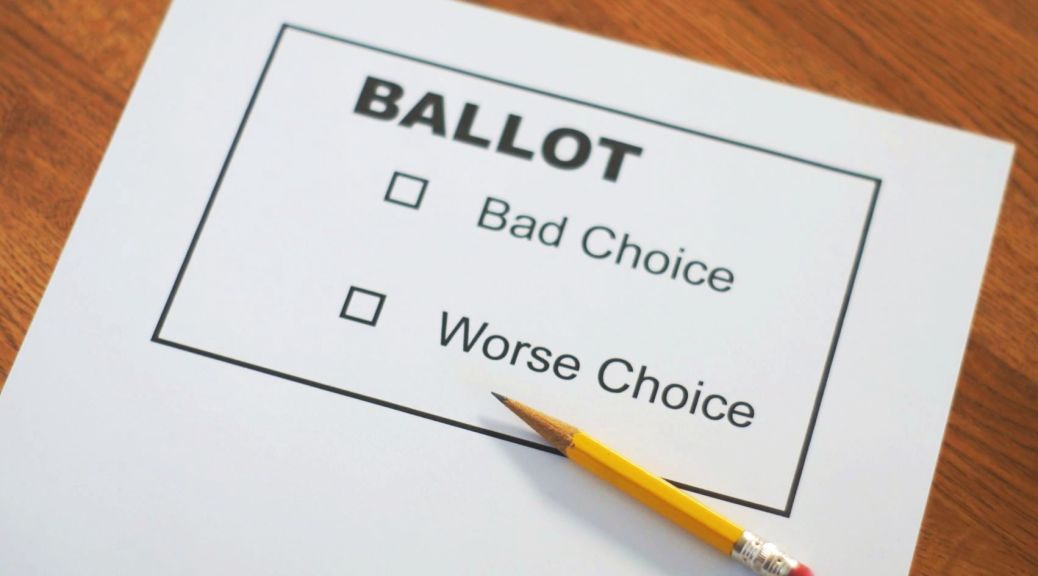My latest Mises Canada post is all about Native tribes:
Ludwig von Mises wrote that, “[d]emocratic control is budgetary control. The government has but one source of revenue—taxes. … But if the government has other sources of income it can free itself from this control.”[1] This principle is particularly important for understanding the internal politics of Canadian Native tribes, whose governments are the recipients of large transfers from the Canadian federal government.
A recent scandal involving the Squamish Nation, a Vancouver-area tribe with a population of about 4,000, is a case in point. Two political officials of the band spent $1.5 million from an emergency fund for their personal ends. According to the investigation that eventually exposed them, “it was clear they handed out funds to develop political support from members.” [2] The scandal derives from the fact that funds earmarked for one purpose, emergencies, were used for a different purpose. But the interesting economic story would nonetheless hold if the funds had been used only for their intended purposes.
According to its most recent financial statements,[3] the Squamish Nation earned $11.3 million from Aboriginal Affairs and Northern Development Canada, i.e. the Canadian Federal Government, and only $8.4 million from taxation in 2014. As Mises suggests in the quote above, a government with alternative sources of income besides taxation can use this income to free itself from democratic control. Robbing Peter to pay Paul is a favourite activity of all governments, but when the robbery occurs through taxation, it is at least limited by Paul’s awareness that he is being robbed.




